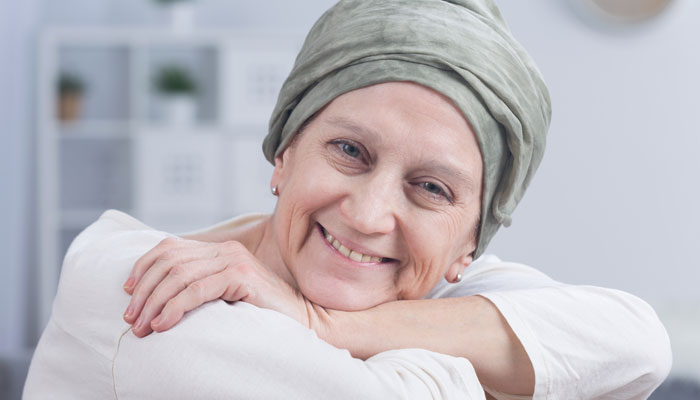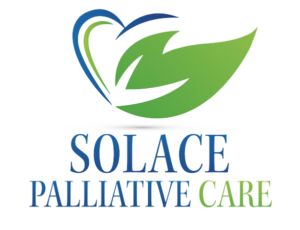
Life with a serious illness is not all dreary and glum. The condition and its symptoms can certainly take over. But daily life continues. And patients are more than their disease. Like everyone, they need to eat, walk, talk with friends and family, and enjoy pleasant activities.
Palliative care is an extra layer of support. Its purpose is to manage difficult symptoms. With less pain, or relief from nausea, your relative can spend their energy on activities they enjoy. Their current doctors will focus on curing the underlying condition. A palliative care provider works to make each day the best day it can be.
Palliative care can address
- pain
- shortness of breath
- extreme fatigue
- loss of appetite
- nausea, constipation, or diarrhea
- trouble sleeping
- depression or anxiety
Palliative care specialists have many tools in their toolkit. Their treatments include traditional drugs and therapies. But also massage, acupuncture, physical therapy, and dietary approaches. Emotional and spiritual pain are also considered distress. As a result, palliative care teams often include social workers and chaplains.
Palliative care is available at any age and any stage of a serious condition. Anyone with a serious condition can ask for a consultation. Just as patients go to a heart doctor to fine-tune treatment for heart disease, they can go to a palliative care specialist for relief from distressing symptoms.
With palliative care, your relative does not have to stop curative care. Consider how the person you care for has been feeling. Have they had energy to tend to their basic needs? What about activities that bring joy to their day? Life is more than just fighting the disease. Perhaps they would benefit from palliative care. If you think so, ask the doctor for a consultation.

